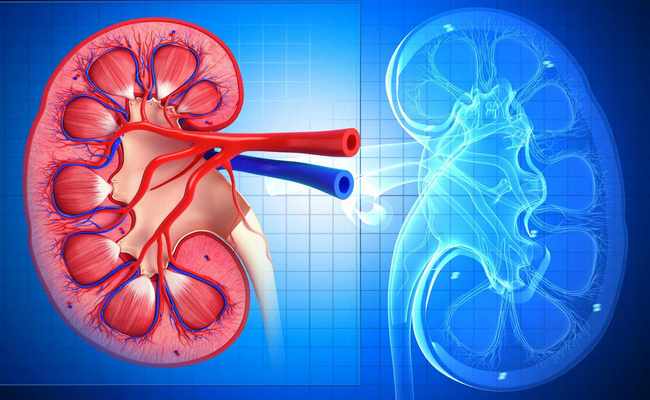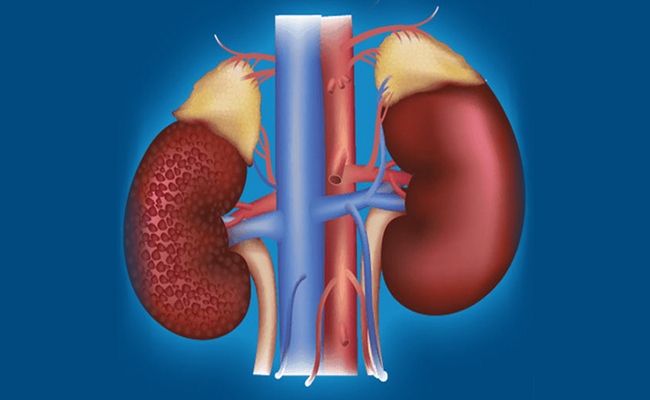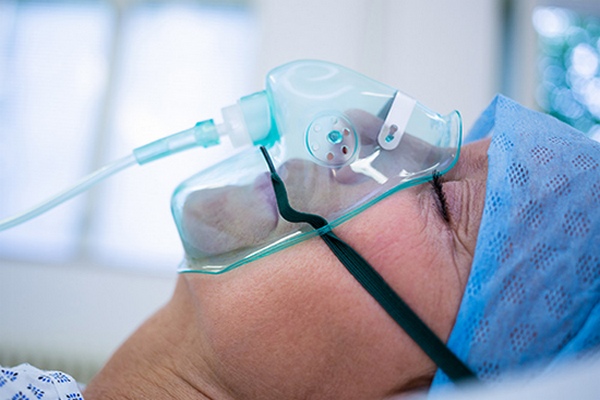Nursing Management and Complication of Acute Renal Failure (ARF)
Definition of Renal Failure: Renal failure may be defined as failure to renal excretion leading to retention of nitrogenous waste products of metabolism including creatinine & urea. Kidney failure, also known as renal failure or renal insufficiency, is a medical condition of impaired kidney function in which the kidneys fail to adequately filter metabolic wastes […]
Nursing Management and Complication of Acute Renal Failure (ARF) Read More »










